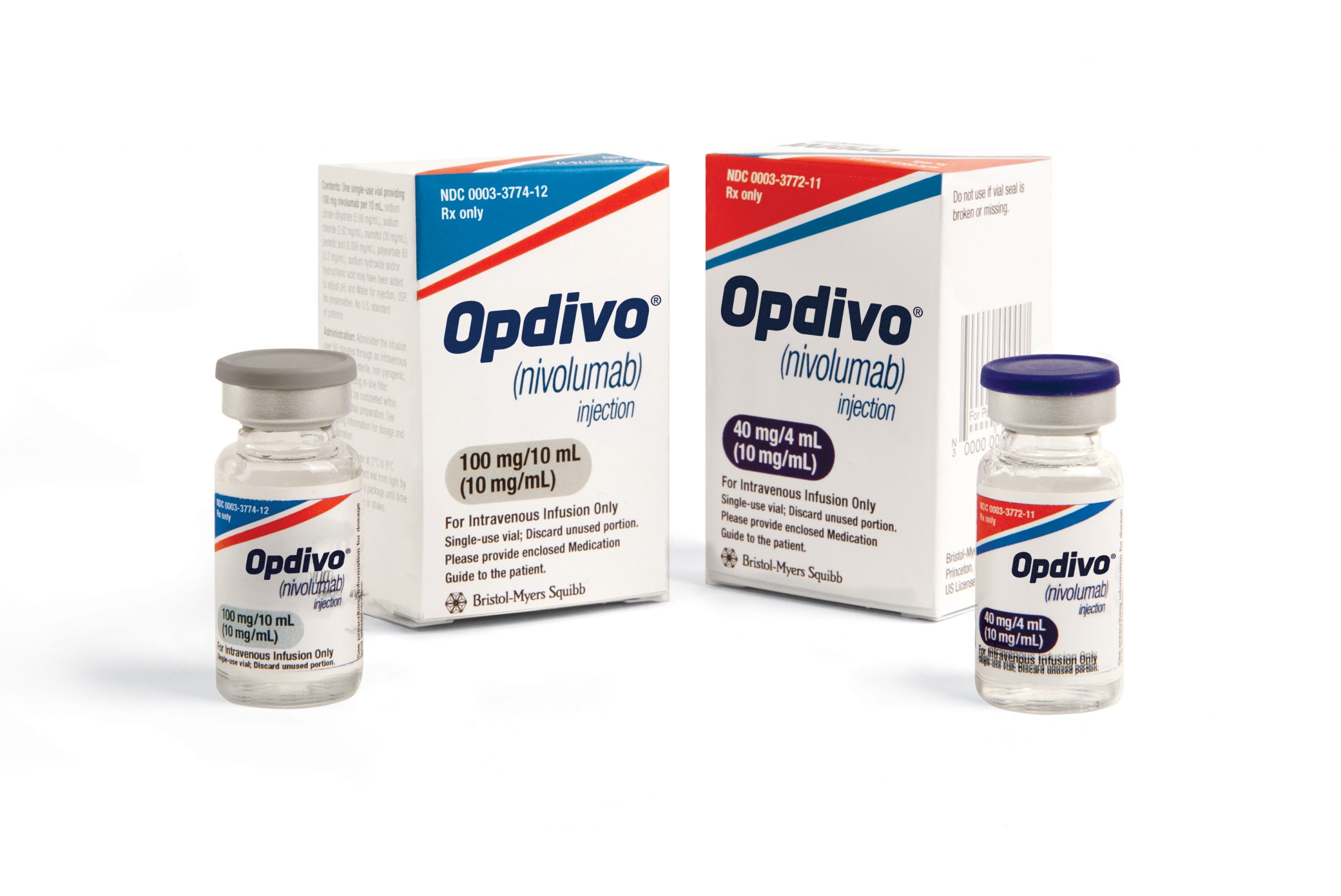NICE okays CDF funding for BMS' Opdivo in head and neck cancer

Bristol-Myers Squibb’s cancer immunotherapy Opdivo should soon be available to patients in England with advanced head and neck cancer, after NICE relented and allowed interim funding from the Cancer Drugs Fund.
NICE rejected Opdivo (nivolumab) in this use in a preliminary decision in April because of uncertainties in the clinical evidence, before the drug had even received its European licence.
But NICE asked Bristol-Myers Squibb (BMS) to submit a proposal for reimbursement from the Cancer Drugs Fund (CDF), which could pay for Opdivo until stronger clinical data emerges and improves the argument that it is cost-effective.
After a successful round of negotiations NICE has agreed in final draft guidance that the CDF will fund Opdivo in metastatic squamous-cell carcinoma of the head and neck following platinum-based chemotherapy.
BMS sweetened the deal with a commercially-confidential price cut and provided further information that convinced NICE to grant CDF funding.
The deal is also important to BMS as with Opdivo it is competing with Merck & Co’s Keytruda (pembrolizumab) and other rivals in a range of uses in cancer.
Keytruda has proved successful in the lucrative first-line lung cancer use, where Opdivo has produced mixed results.
There are doubts about Keytruda in head and neck cancer after it was hit with a late-stage trial failure in the summer, after conditional approval on early data in 2016.
Data submitted to NICE as part of the approval process suggest Opdivo almost triples survival rates at 19 months, with 22% of patients still alive after taking the drug compared with only 8.3% who received chemotherapy.
Under arrangements that came into place last year, the CDF pays for cancer drugs for a limited period until further information supporting their effectiveness becomes available.
In this case NICE wants further clinical data, and evidence of Opdivo’s effectiveness in patients whose tumours express less than 1% of the PD-L1 protein.
Opdivo is a monoclonal antibody that binds to the PD-1 receptor, blocking its interaction with the PD-L1 and PD-L2 proteins.
This releases an immune response, allowing T-cells to interact with the cancer cells and destroy them.
Professor Kevin Harrington, professor of Biological Cancer Therapies at The Institute of Cancer Research London, and consultant oncologist at the Royal Marsden NHS Foundation Trust, said: “Patients who take nivolumab not only get extra time with their loved ones but feel much better during treatment.
“I’m pleased that NICE has shown flexibility in allowing access to nivolumab through the Cancer Drugs Fund for two years while more data is collected.”
Harrington has led research showing that the side effects of Opdivo are more manageable than chemotherapy, allowing patients taking it a better quality of life.
Benjamin Hickey, general manager, BMS, UK and Ireland, said: “We have worked in close collaboration with NICE and are delighted that from today, patients will be able to access nivolumab which is the first medicine to show an increase in survival for this type of tumour in 20 years.”
Under devolved arrangements, the NHS in Wales usually makes funding available for drugs within two months if NICE rules they should be covered by the CDF.
The Scottish Medicines Consortium has already recommended NHS funding in a separate decision published last month.












